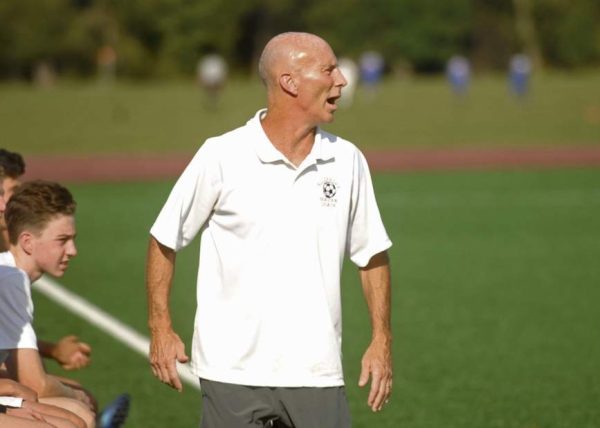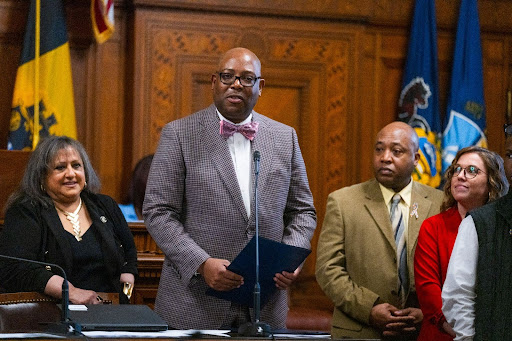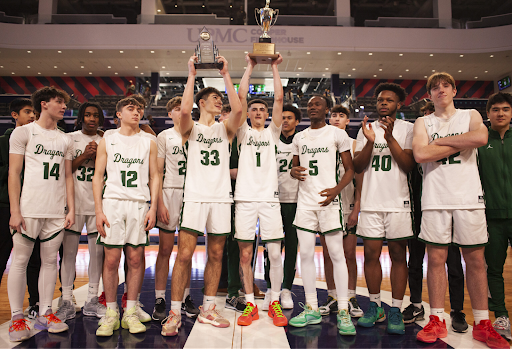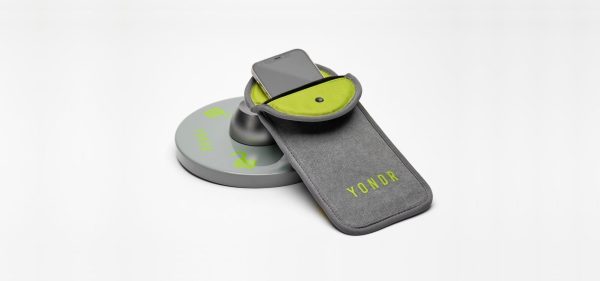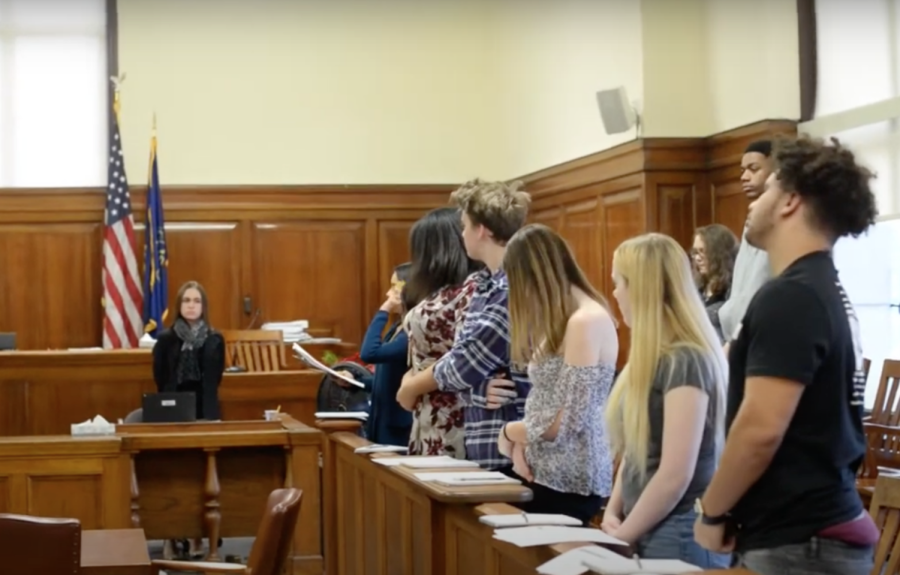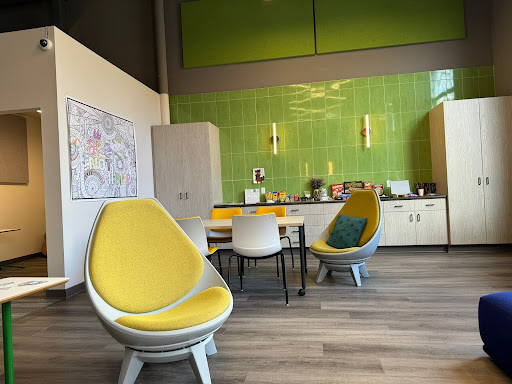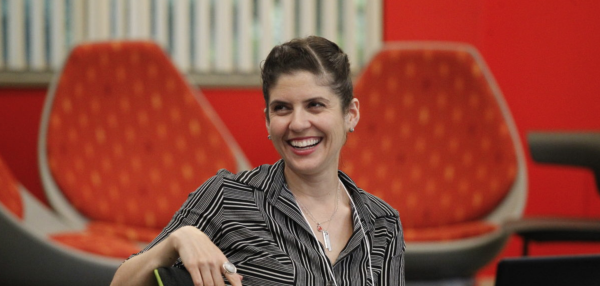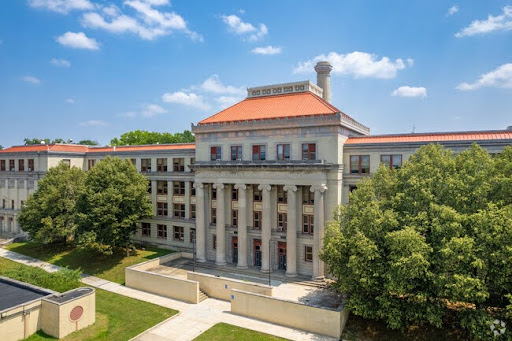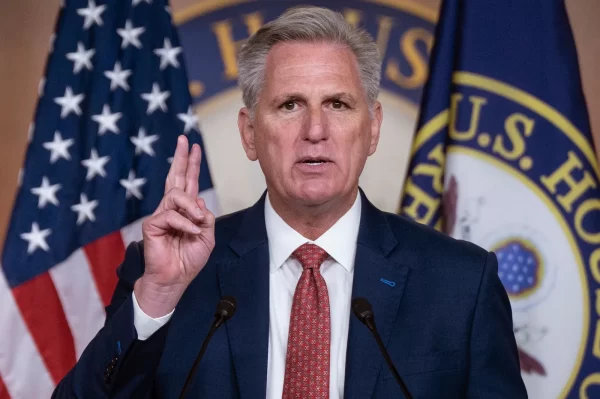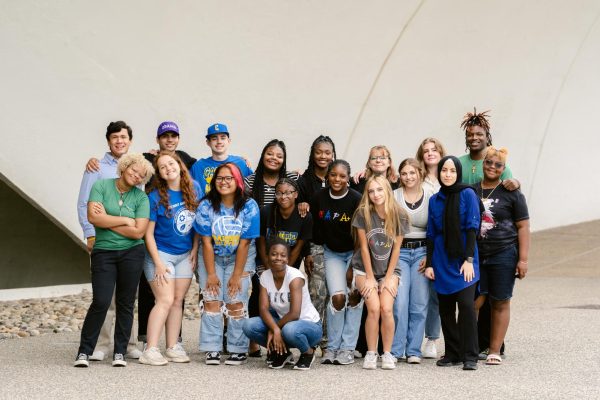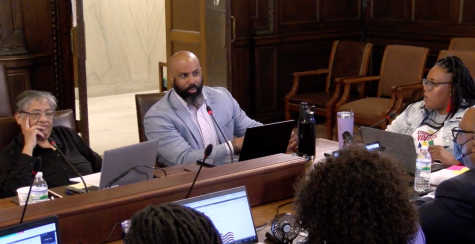PPS Advances Program for Student-led Disciplinary Court
The Pittsburgh Public Schools’ Board of Directors approved a youth court program during its legislative meeting on April 26. The youth court proposal would allow participating-students to discipline their peers for certain behavioral violations.
Kevin Carter, Board Member for District 8, said during the meeting, “It’s not specific and it does not provide any clarity on what jurisdiction the youth court will have.” He noted that the program may want to operate like a “college student judicial board,” which hears code violations and the student board would authorize discipline away from administration. He would like the program to have a list of PPS behavioral infractions that the court could authorize. Carter was the only member to vote against this proposal.
Grady Quinlan, junior, says he is “concerned about how the selection process of who serves as a student juror and how administration will go about giving students the power to do an aspect of their disciplinary power.”
Errika Fearbry Jones, PPS Chief of Staff, said in regard to the origin of the program, “This was an initiative that came from the parents of the PSAC, the group that we were working with to come up with the recommendations that we presented for ESSER III to the Board.”
Pam Harbin, Board Member for District 4, who represents Pittsburgh Allderdice High School, says she believes the current language of the code of conduct “would cover a youth court model” at select schools.
Jones said the administration is working to get logistics of training, procedural manuals, and a group to create the concept (including staff, students, etc). She says, “Schools that want to take part in this youth court model over the summer would be working together with the consulting group to further detail how it would be implemented in those schools.”
The District says their “successful applicant” consulting group is The Pittsburgh Contingency, Inc.. They will help “to implement a youth-led trauma-informed, restorative youth court disciplinary program” in the Pittsburgh Public Schools alongside school-based teams. The final jurisdiction of behavioral codes that can be disciplinarily enforced by the students will need Board approval.
Jones says the youth court program was budgeted from ESSER funds for $1,300,000 but ultimately the consulting firm only required $800,000. Despite that, the district administration only decided to propose using $525,000. The Board approved it at $525,000, as requested.
The District released the proposal for the consulting groups through a Request for Proposals (RFP) from the Office of the Superintendent, and Student Support Services.
“I think it’s a good idea, it will hold students accountable when they don’t feel the pressure of teachers around. It may be hard to enforce, and they may feel pressured,” says sophomore Nikhil Saxena.
“I believe it’s a smart idea to have other students decide the disciplinary action of other students considering their our peers. I believe we’ll have a better understanding with our peers than adults would,” Chelsea Friedman, junior, says.
Pavel Marin is a senior at Pittsburgh Allderdice High School. He serves as Member of the Superintendent’s Student Advisory Council, Ambassador at The...

